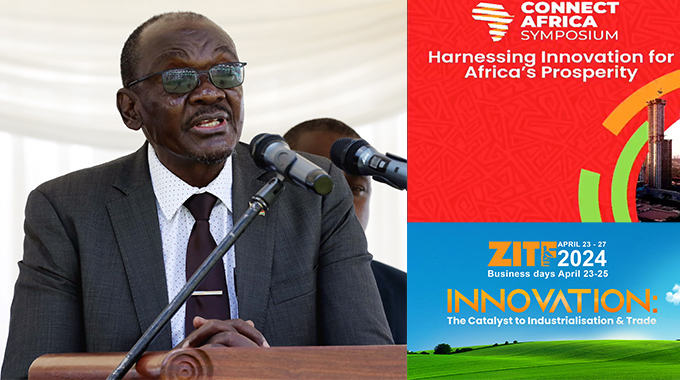Is it legal to extend NEC agreements to non-members?
Labour Matters Davies Ndumiso Sibanda
Many employers are failing to pay National Employment Council decided wage adjustments and NEC dues. Also many workers are feeling they are getting a raw deal from the NECs.As a result, questions are now being asked by many employers and workers as to the legality of extending NEC collective bargaining agreements to employers who are not members of the employers’ association and workers who are not members of the trade unions.
There is talk among both some individual employers and workers about raising legal questions related to the constitutionality of extending NEC negotiated collective bargaining agreements to non-members. John, a worker at one of the factories in Zimbabwe, is bitter with the NEC that granted the employer permission to put all workers on short time work and the employer has been paying the workers 50 percent of the expected wage for months.
There is also an employer who claims he is not a member of the employers association but has been ordered to pay minimum wages prescribed by the NEC which are way above what he can afford and is above what he had agreed with his workers, he feels this infringes upon his right of freedom not to associate with those he does not want to associate with as enshrined in section 58 (1) of the Constitution.
While all this unhappiness is understood, what is the legal position? Our Labour Act provides for voluntary and statutory national employment councils and at present almost all our NECs are voluntary and sections 63 and 82 by implication allow NECs to extend their authority to non-volunteers as long as they are in a particular industry and this has been the practice for years now.
On the other hand, the Constitution of Zimbabwe in section 58 gives citizens the freedom of assembly and association. Section 58 (1) reads “Every person has the right to freedom of assembly and association and the right not to associate with others”, and subsection (2) reads “No person may be compelled to belong to an association or to attend to a meeting or gathering”. While nobody has gone to court for direction on freedom of association, the future of NECs as we know them might not be the same after the new Constitution is aligned to the new Act or after someone goes to court over freedom of association as I am of the view that extending collective bargaining agreements made by voluntary NECs to non-members is unconstitutional.
I stand to be corrected. It would be interesting to see what would happen to workers who are not unionised in an industry and they reject a collective bargaining agreement made at NEC arguing that they are not members of the trade union and thus their interests were not represented in the negotiations and further the NEC is a voluntary body with no constitutional authority to extend its voluntary agreement to the workers.
The employers could easily find themselves in a difficult position if the workers demand to negotiate their own collective agreements at works council where the workers committee is not subordinate to any union. Further, there is also a challenge of some employers arguing that the NEC minimum conditions cannot extended to their businesses as they are not members of the voluntary employers association and they argue that they have in-house conditions that they agreed with individual employees or collectively at works council.
This could also put to question applicability of NEC codes of conduct to non-members who find themselves before an NEC for the first time when there is a dispute with workers. It would also put to question the legality of the Labour Act clause that bars labour officers from dealing with labour matters involving employees where there is an NEC covering the industry as it could be a way of forcing parties to associate taking away the fundamental right related to freedom of association.
Many questions have been raised by employers in various industries including the question: “Why should they be forced to pay employers association and NEC dues if the bodies are voluntary?” If my reading of the law is correct, there could be a need for appropriate legislation regulating how voluntary NEC collective agreements can be extended to non-members as is the case in South Africa.
However, the South African approach remains open to legal challenges that are ongoing to this day. Arguments based on the majority “rule” approach have been raised. However such an approach would still have to stand the scrutiny of the Constitutional Court over the freedom of association question, as minority rights are also protected under the Constitution.
Assuming my reading of the law is correct and the courts declare extending NEC agreements to non-members unconstitutional, there is likely to be a major shift in how we manage collective bargaining in Zimbabwe. The power of some NECs could be eroded. Workers could be pushed towards unionisation as they are unlikely to be comfortable with workplace based collective bargaining agreements due to the challenges related to equal unequal partners between employer and workers.
On the other hand, workplace collective bargaining agreements by unions and individual employers could become the order of the day as is the position in countries like Zambia. In conclusion, there is also the probability that during alignment of the Labour Act to the Constitution, this grey area could be addressed so as to avoid instability in NECs as parties battle over issues related to freedom of association.
After all has been said and done it cannot be denied that most businesses and workers are safer working from within the NECs than outside in the interest of industrial harmony.
Davies Ndumiso Sibanda can be contacted on: email: [email protected] Or cell No: 0772 375 235










Comments